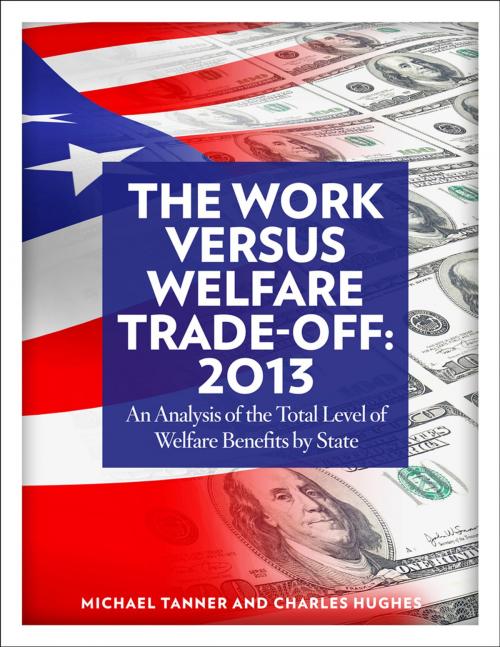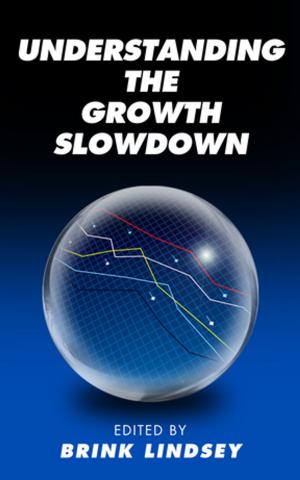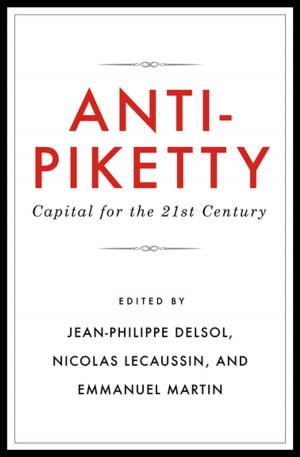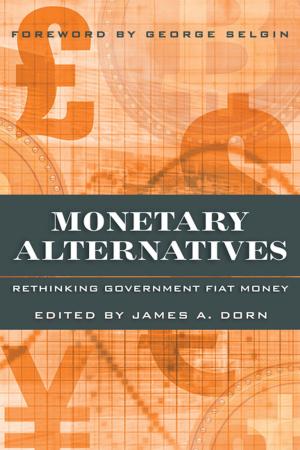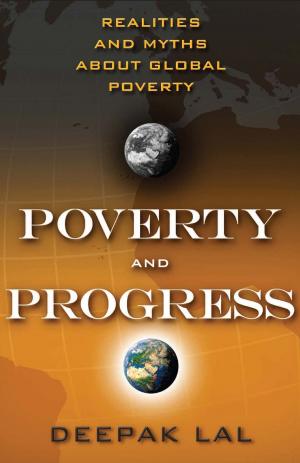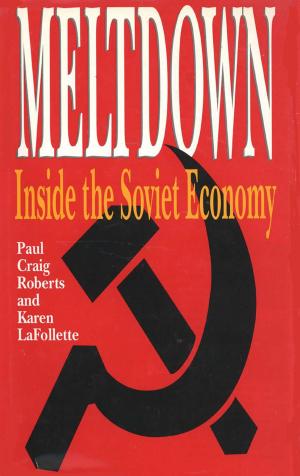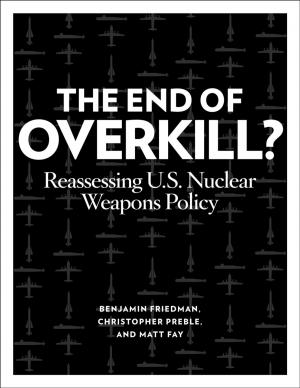The Work Versus Welfare Trade-off: 2018
An Analysis of the Total Level of Welfare Benefits by State
Nonfiction, Social & Cultural Studies, Political Science, Politics, Social Services & Welfare, Economic Policy, Social Science| Author: | Michael D. Tanner, Charles Hughes | ISBN: | 9781939709233 |
| Publisher: | Cato Institute | Publication: | August 19, 2013 |
| Imprint: | Cato Institute | Language: | English |
| Author: | Michael D. Tanner, Charles Hughes |
| ISBN: | 9781939709233 |
| Publisher: | Cato Institute |
| Publication: | August 19, 2013 |
| Imprint: | Cato Institute |
| Language: | English |
In 1995, the Cato Institute published a groundbreaking study, The Work Versus Welfare Trade-Off, which estimated the value of the full package of welfare benefits available to a typical recipient in each of the 50 states and the District of Columbia. It found that not only did the value of such benefits greatly exceed the poverty level but, because welfare benefits are tax-free, their dollar value was greater than the amount of take-home income a worker would recieve from an entry-level job. Since then, many welfare programs have undergone significant change but welfare benefits continue to outpace the income that most recipients can expect to earn from an entry-level job, and the balance between welfare and work may actually have grown worse in recent years. This white paper shows that the current welfare system provides such a high level of benefits that it acts as a disincentive for work. If Congress and state legislatures are serious about reducing welfare dependence and rewarding work, they should consider a number of policy changes, including ways to shrink the gap between the value of welfare and work by reducing current benefit levels and tightening eligibility requirements.
In 1995, the Cato Institute published a groundbreaking study, The Work Versus Welfare Trade-Off, which estimated the value of the full package of welfare benefits available to a typical recipient in each of the 50 states and the District of Columbia. It found that not only did the value of such benefits greatly exceed the poverty level but, because welfare benefits are tax-free, their dollar value was greater than the amount of take-home income a worker would recieve from an entry-level job. Since then, many welfare programs have undergone significant change but welfare benefits continue to outpace the income that most recipients can expect to earn from an entry-level job, and the balance between welfare and work may actually have grown worse in recent years. This white paper shows that the current welfare system provides such a high level of benefits that it acts as a disincentive for work. If Congress and state legislatures are serious about reducing welfare dependence and rewarding work, they should consider a number of policy changes, including ways to shrink the gap between the value of welfare and work by reducing current benefit levels and tightening eligibility requirements.
